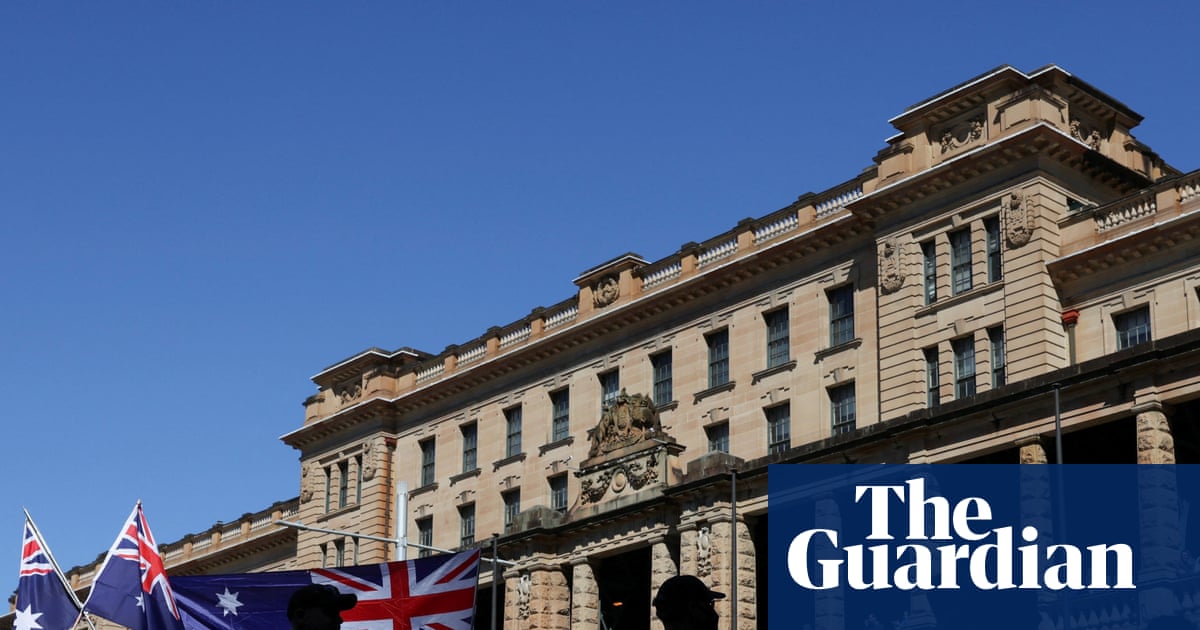The Polish prime minister, Donald Tusk, has comfortably won a vote of confidence in parliament that was called to shore up his fragile coalition government after a bruising setback in the presidential election earlier this month.
The vote of confidence on Wednesday was passed by 243 votes in favour to 210 against.
The vote was requested by Tusk after an unexpected defeat for his government’s preferred candidate in the presidential election, which prompted questions about the future of the coalition and fierce personal criticism of the prime minister.
Tusk leads an ideologically diverse and politically fragile alliance of pro-European parties, from the agrarian right to the social democratic left, which has promised to reverse the erosion of democratic checks and balances that had marked the eight-year rule of the Law and Justice party (PiS) between 2015 and 2023.
He had long hoped that a presidential win would make it easier for the government to adopt more progressive reforms, including on contentious issues such as abortion rights and same-sex relationships. Since coming to power, Tusk’s government has faced fierce criticism from the incumbent president, Andrzej Duda, a former PiS European lawmaker, with fears Duda could use his robust veto powers to block some measures.
But the unexpected win of Karol Nawrocki, a Donald Trump-backed, previously little-known historian linked with the PiS, over the pro-European centrist mayor of Warsaw, Rafał Trzaskowski, put a question mark over the government’s ability to deliver on its program.
Analysts partly blamed the result on the government’s track record and Tusk’s personal unpopularity, with voters reportedly unwilling to give too much power to one political camp.
A recent CBOS poll showed that 44% of voters were critical of the government, 32% supportive and 20% neutral. Tusk himself was even more unpopular, with 53% having a negative view of him and just 35% positive.
During a bruising seven-hour debate in parliament, more than 260 MPs took to the podium. Tusk strongly defended his government’s track record and lamented its inability to communicate its successes to the electorate.
“If we told our story even half as well as we actually governed, we would be winning election after election,” he said.
Acknowledging the significance of Nawrocki’s win, Tusk said: “This is not an earthquake, but let’s call things for what they are: we are facing two and a half years of very hard … work in [political] conditions that are not going to improve.”
But he insisted the government still had a clear political majority to pursue its measures, despite “impatience, sometimes disappointment or anger” among its voters.
“I know the taste of victory, I know the bitterness of defeat, but I don’t know the word surrender,” he quipped.
Opposition lawmakers lined up to criticise the government for showing little ambition and slow progress on its key promises, with too much focus on blaming the previous administration for all problems.
Speaking to reporters after the vote, Tusk said he had “needed that vote for obvious reasons” as he had faced “a lot of noise” about his and the government’s future.
He said he intended to “cut off all speculation” and move the narrative on as his ministers had “two years to make amends” and win over the public before the 2027 parliamentary elections.
Under Tusk’s plans to reassert control, the government will now appoint a “heavyweight” spokesperson next week to overhaul its communications strategy, and will follow through with a ministerial reshuffle in July to get in shape before Nawrocki takes office in August.

 3 months ago
46
3 months ago
46

















































